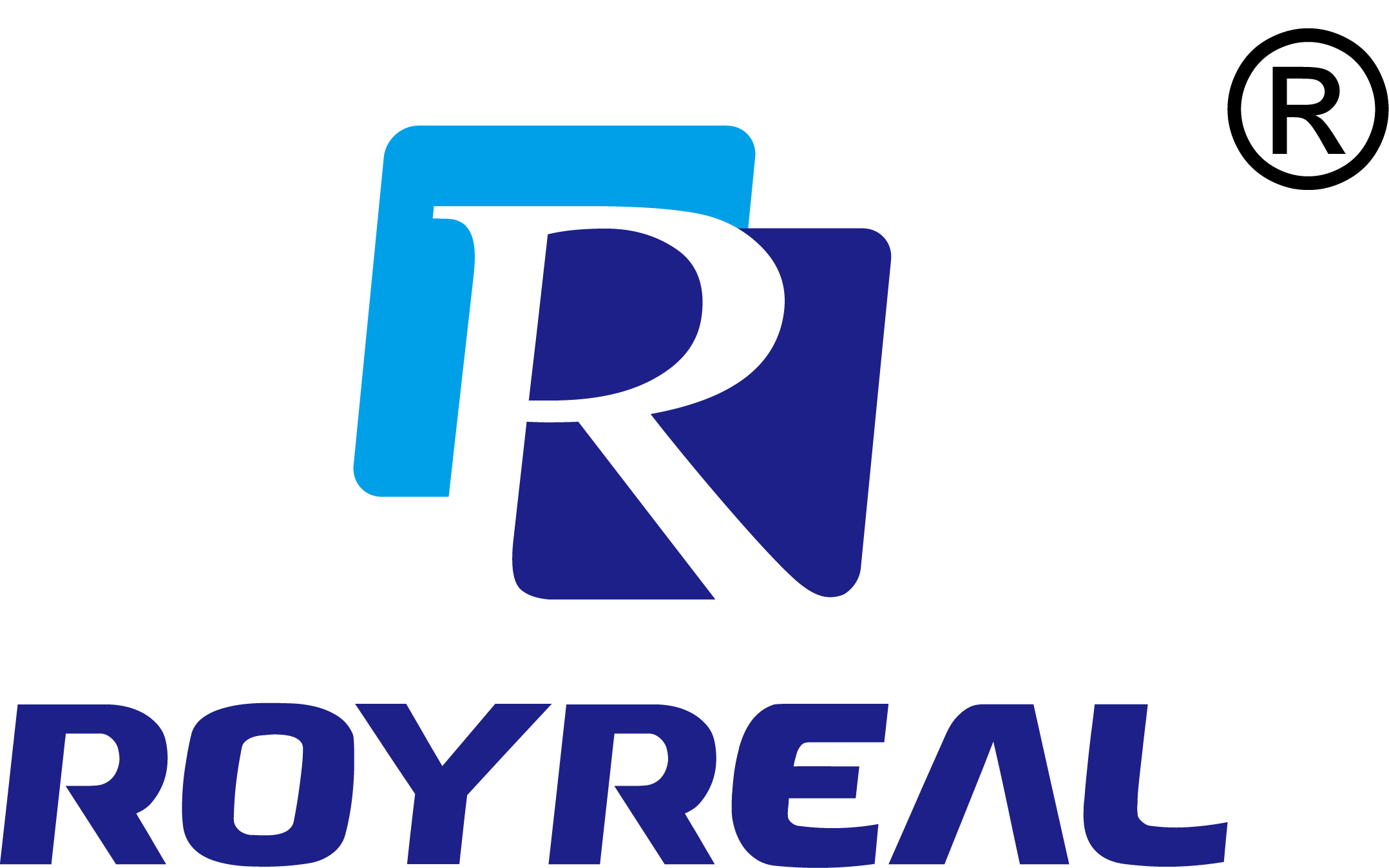Gas Meter Data Integration with Smart Home Systems: Revolutionizing Energy Management for a Sustainable Future
Category: Industry News
Time:2024-12-09
Table of Contents
1. Introduction: The Role of Gas Meter Data in Smart Home Systems
2. Benefits of Gas Meter Data Integration
3. How Gas Meter Data Integration Works
4. Choosing the Right Smart Home System for Gas Meter Data Integration
5. Overcoming Challenges in Gas Meter Data Integration
6. Enhancing Energy Efficiency with Gas Meter Data
7. Security and Privacy Considerations
8. Future Trends in Gas Meter Data Integration
9. Frequently Asked Questions (FAQs)
10. Conclusion
1. Introduction: The Role of Gas Meter Data in Smart Home Systems
In the digital age, where sustainability and energy efficiency are paramount concerns, the integration of gas meter data with smart home systems has emerged as a game-changer. By harnessing real-time data from gas meters, homeowners can gain valuable insights into their energy consumption patterns and make informed decisions to reduce waste and lower their carbon footprint.
2. Benefits of Gas Meter Data Integration
Gas meter data integration offers a myriad of benefits to homeowners. Firstly, it enables them to monitor their gas usage in real-time, providing a clear picture of when and where energy is consumed. This data empowers homeowners to identify energy-intensive appliances or activities, allowing them to optimize their usage and save on utility bills.
Moreover, this integration enables homeowners to set energy consumption targets and receive alerts when they exceed predefined thresholds. By promoting awareness and accountability, gas meter data integration inspires positive behavioral changes and encourages more sustainable energy practices.
3. How Gas Meter Data Integration Works
Gas meter data integration involves the seamless connection of gas meters to smart home systems using advanced technologies such as Internet of Things (IoT) devices and wireless communication protocols. These devices capture gas consumption data, including usage patterns, flow rates, and meter readings.
The collected data is then transmitted to the smart home system, where it is analyzed and presented in user-friendly formats. Homeowners can access this information through dedicated mobile applications or web portals, allowing them to monitor and manage their energy consumption effortlessly.
4. Choosing the Right Smart Home System for Gas Meter Data Integration
Selecting the appropriate smart home system is crucial for successful gas meter data integration. Homeowners should consider compatibility with their existing gas meters, reliability of data transmission, user interface intuitiveness, and the level of customization offered by the system.
It is advisable to opt for a system that supports real-time data updates and provides detailed analytics. Additionally, integration with other home automation devices, such as smart thermostats and energy-efficient appliances, should be taken into account for a holistic energy management solution.
5. Overcoming Challenges in Gas Meter Data Integration
While the integration of gas meter data with smart home systems brings numerous advantages, there are challenges that need to be addressed. One significant challenge is ensuring interoperability between different gas meter models and smart home systems. Standardization efforts in the industry aim to mitigate this issue and promote seamless integration across diverse platforms.
Another challenge is data accuracy and reliability. It is essential to employ robust data collection techniques and ensure secure transmission to avoid discrepancies and potential privacy breaches. Collaborative efforts between gas meter manufacturers, smart home system developers, and regulatory bodies are crucial to overcoming these challenges and ensuring a smooth integration process.
6. Enhancing Energy Efficiency with Gas Meter Data
Gas meter data integration serves as a powerful tool to enhance energy efficiency in smart homes. By analyzing consumption patterns and identifying energy-intensive appliances, homeowners can make informed decisions to optimize their energy usage.
For instance, actionable insights derived from gas meter data can help homeowners identify inefficient appliances and replace them with energy-efficient alternatives. Additionally, integrating gas meter data with smart thermostats can enable automated control of heating and cooling systems, further reducing energy waste.
7. Security and Privacy Considerations
As with any data-driven technology, the integration of gas meter data with smart home systems necessitates careful attention to security and privacy. Homeowners should opt for systems that employ advanced encryption techniques to safeguard their data from unauthorized access.
Moreover, it is vital to choose reputable providers who comply with data protection regulations and have robust security measures in place. Transparent privacy policies, user consent mechanisms, and anonymization of sensitive information are essential factors to consider when selecting a smart home system.
8. Future Trends in Gas Meter Data Integration
The integration of gas meter data with smart home systems is poised for further advancements in the future. With ongoing technological innovations, we can expect enhanced interoperability, improved data analytics, and increased automation.
Additionally, the integration of gas meter data with renewable energy sources, such as solar panels, will enable homeowners to optimize their energy consumption and maximize the utilization of clean energy. Advancements in artificial intelligence and machine learning algorithms will also play a pivotal role in uncovering deeper insights from gas meter data, facilitating predictive analysis and smarter energy management.
9. Frequently Asked Questions (FAQs)
Q1: How does gas meter data integration benefit homeowners?
Q2: Can gas meter data integration help reduce utility bills?
Q3: Is gas meter data integration compatible with all smart home systems?
Q4: Are there any privacy concerns associated with gas meter data integration?
Q5: Can gas meter data integration be used in commercial buildings?
10. Conclusion
In conclusion, the integration of gas meter data with smart home systems is revolutionizing energy management, enabling homeowners to monitor and optimize their energy consumption. By harnessing real-time data, homeowners can make informed decisions towards a sustainable future, reduce waste, and lower their carbon footprint. With ongoing advancements in technology and increased awareness of energy efficiency, gas meter data integration is set to play an increasingly vital role in creating smarter, more sustainable homes.
Keywords:
 EN
EN RU
RU SP
SP
